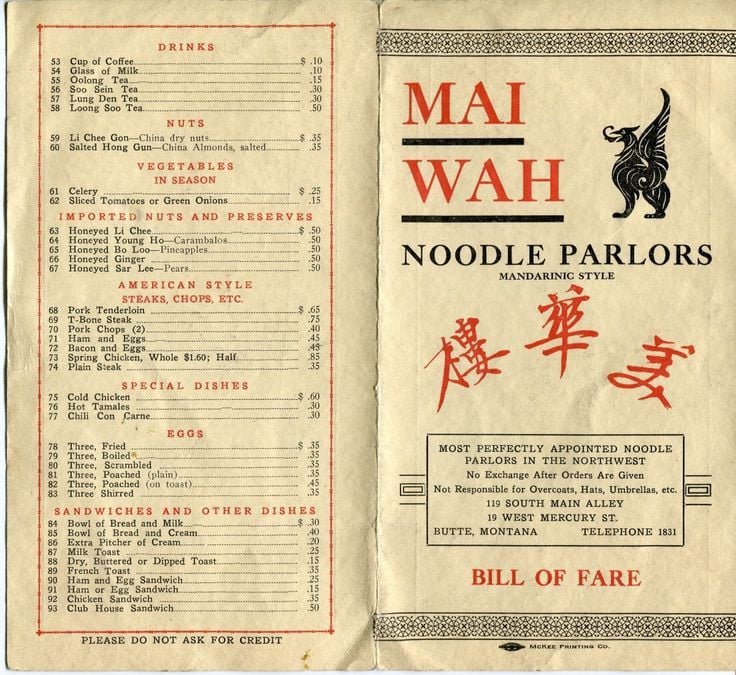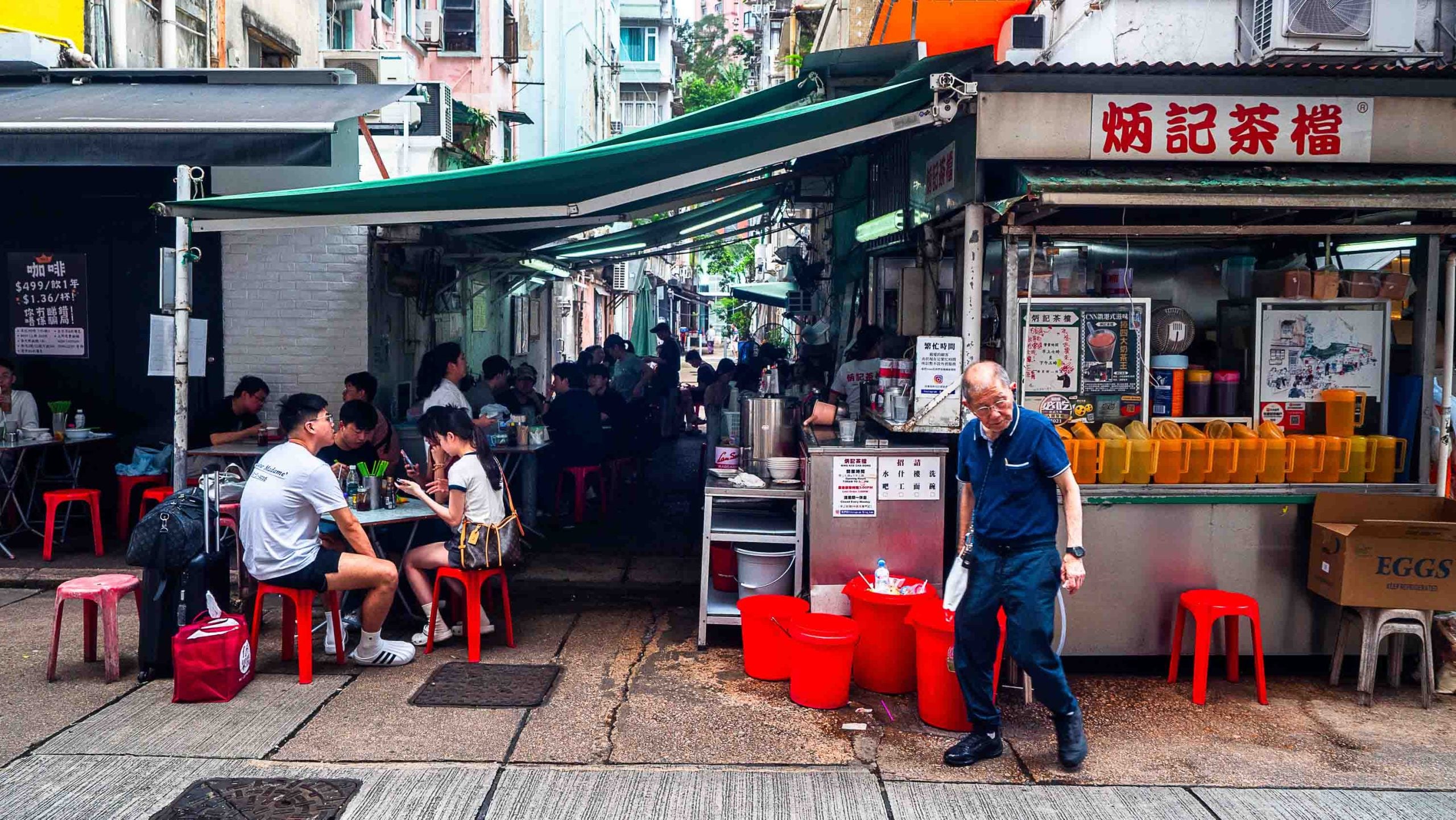When looking for a new place to eat, do you consult review sites like Yelp? If so, do you trust the reviews?
Recently, the Chinese internet has been abuzz with fervent discussions weighing in on the idea that low or moderately-rated restaurants could potentially offer a more outstanding culinary experience than those with high ratings.
The hashtag “Young People Are Overcrowding 3.5-Star Restaurants in a Frenzy” (#年轻人报复性挤爆3.5分餐厅) is trending on China’s Twitter equivalent Weibo, generating 350 million views.
Many netizens feel the flavors at restaurants with high ratings on popular Chinese crowd-sourced review platforms like Meituan and Dianping, even those boasting queues out the door, are not up to par.
Instead, hidden gems with average or comparatively low ratings are delighting diners’ discerning taste buds. Some noticed that the restaurants they frequent don’t necessarily exhibit impressive ratings, despite serving exceptional food.
A viral post on Xiaohongshu touching upon the phenomenon resonated with many. The user, who discovered numerous poorly-rated eateries were unexpectedly scrumptious while constantly being let down by well-rated establishments that didn’t live up to the hype, stated, “This may be the discrepancy between valuing food quality versus prioritizing marketing tactics.”
“For spots with ratings between 3 and 4.2, consider reading the negative reviews. If they don’t deter you, you might want to give [these restaurants] a shot,” reads one top comment under the post. “But think twice before checking out a restaurant with a rating of 4.5 or higher.”

Mouth-watering cuisine alone isn’t sufficient for restaurants to earn high ratings; they are always at risk of losing points due to subpar service, poor hygiene, or an uncomfortable dining environment.
“I’ve dined at a lamb noodle restaurant with a rating of 3.8. The reviews are all bashing the crappy service. Some patrons even left multiple comments expressing dissatisfaction,” shared a Xiaohongshu user. “Though they constantly complained about the service, they kept going back. I figured the food must be pretty good, so I took a stab at it.”
“The meal turned out to be amazing, but the service was indeed terrible,” the user added.
Some netizens argue placing too much emphasis on ratings, albeit in an inverted manner, isn’t a prudent move either, given that restaurants with fewer stars might be low-rated for legitimate reasons.
“Top-rated dining spots may not always equate to delicious meals, but there’s also a strong chance that low-rated restaurants won’t be satisfying either,” posted a user on Weibo. “Perhaps relying on word of mouth is a better approach.”
In China, review apps including Meituan and Dianping, coupled with social media channels such as Xiaohongshu and Douyin, have become the go-to sources for young people deciding where to eat.
According to a report co-released by New Catering Big Data and Douyin, in the first half of 2023, catering-related content on the social media platform was viewed a whopping 556 billion times, with more than 9.7 billion likes doled out.
However, reviews may be warped: as recounted by netizens, many restaurants offer their clientele complimentary dishes or discounts in exchange for favorable ratings or recommendations on social media.
For young foodies who question whether the ratings genuinely reflect the quality of cooking, doubts linger over the trustworthiness of review platforms.
Cover image via cherry-hai / Shutterstock.


















